Albee Square Deal Closes, Fewer Apartments Planned
When the deal was announced back in February, the consortium of investors purchasing the groundlease for the Gallery at Fulton Mall from Thor Equities had big plans: 475,000 square feet of retail space, 125,000 square feet of Class A office space, and 1,000 rental apartments (with 20 percent set aside for tenants of moderate income)….


When the deal was announced back in February, the consortium of investors purchasing the groundlease for the Gallery at Fulton Mall from Thor Equities had big plans: 475,000 square feet of retail space, 125,000 square feet of Class A office space, and 1,000 rental apartments (with 20 percent set aside for tenants of moderate income). Since the deal closed last week for a reported $120 million, it’s come out that the housing component has been scaled back by about 35 percent. The 1.6-million-square-foot tower (which will be anywhere from 40 to 60 stories) will still have 650 apartments, but the switcheroo is expected to result in a loss of about 70 affordable housing units, something that has community groups pissed off. The new owners haven’t announced what they’re going to do with the extra square footage from the 350 axed apartments yet.
Developers Pare Housing Plan for Albee Square [NY Observer] GMAP
Expansion, Skyscraper Planned for Albee Square Mall [Brownstoner]
Albee Square [Acadia Realty]

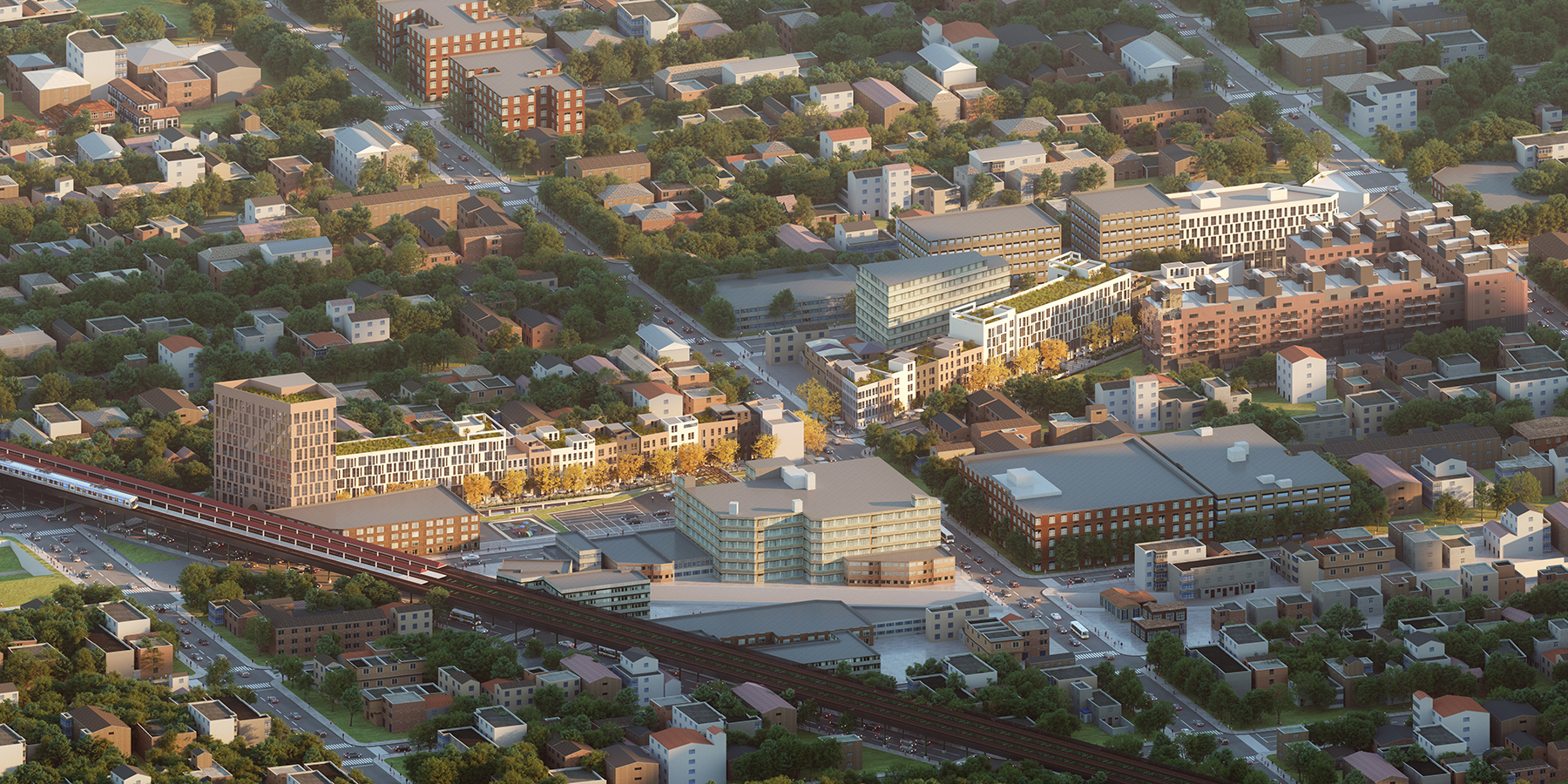
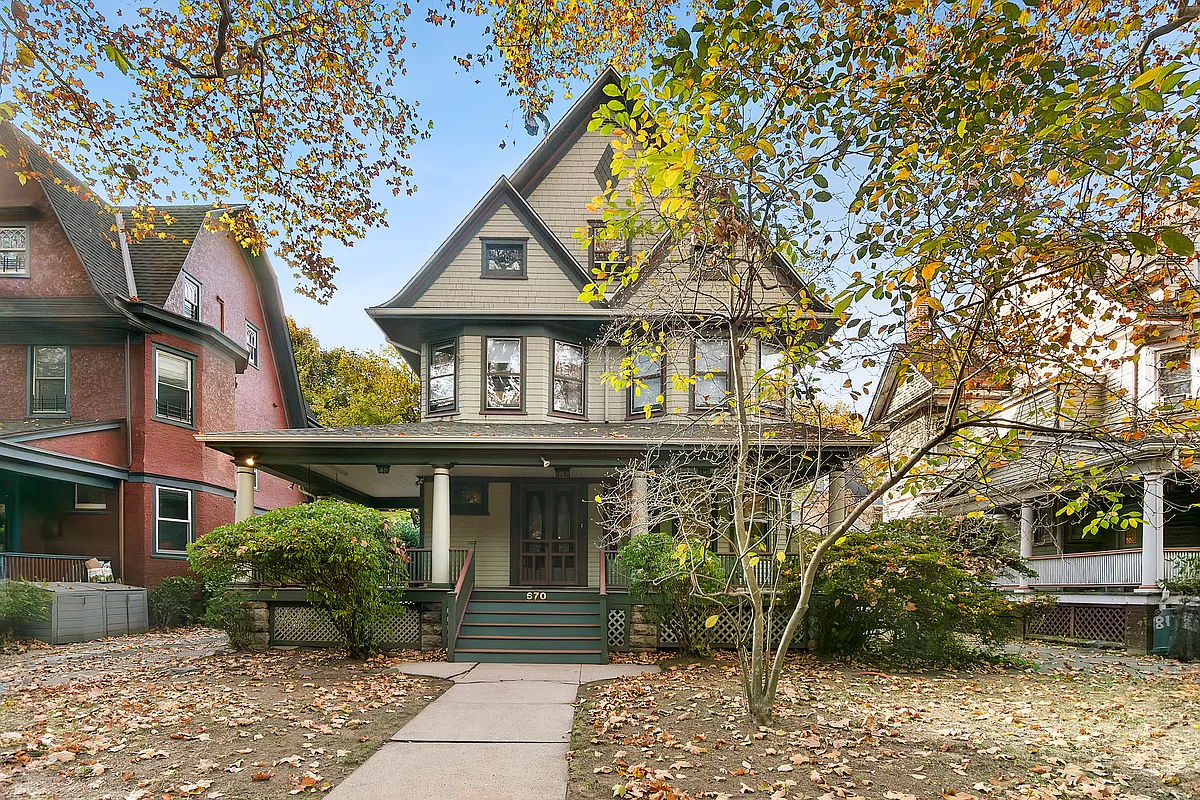
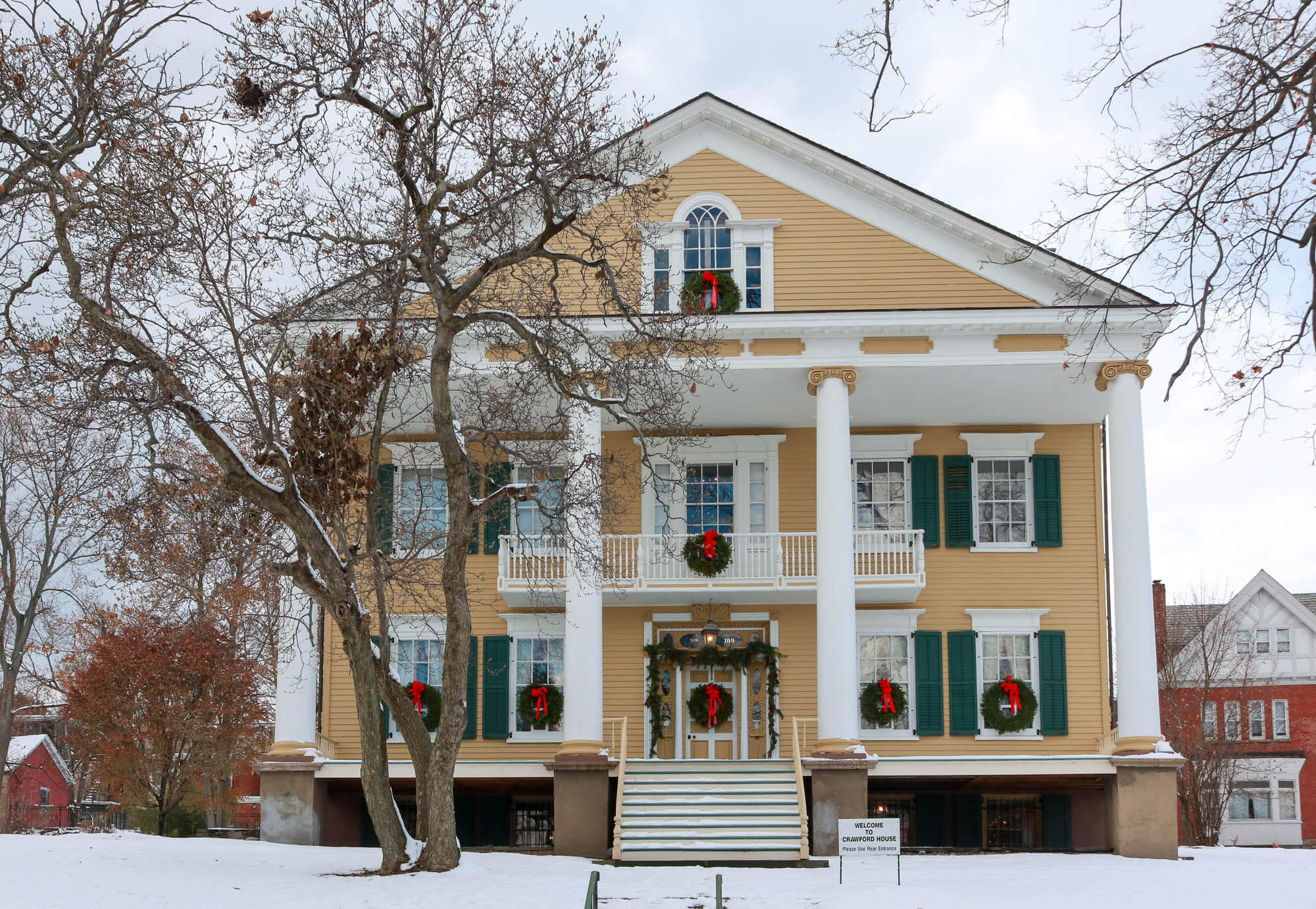
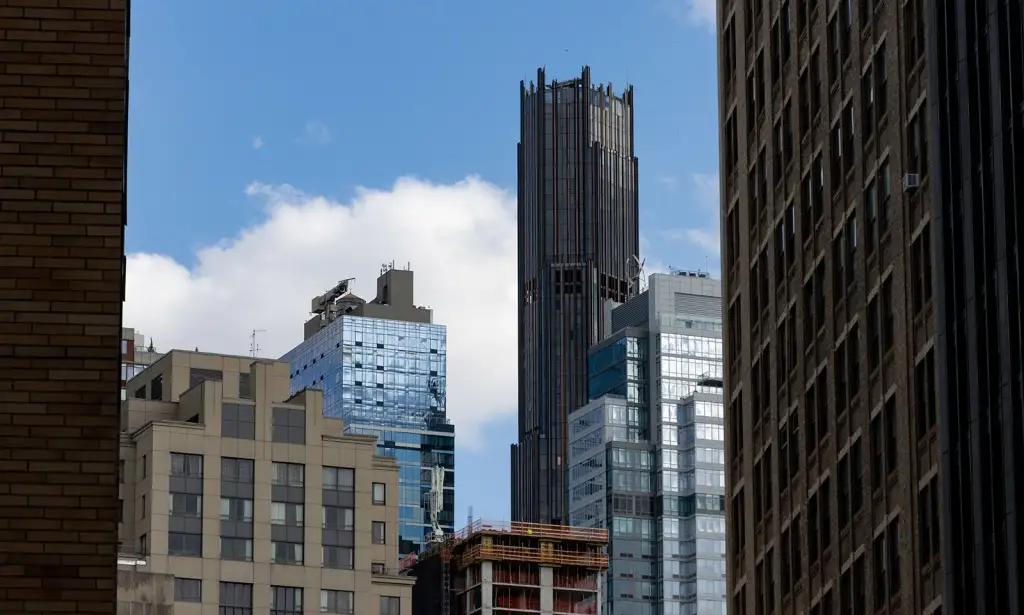
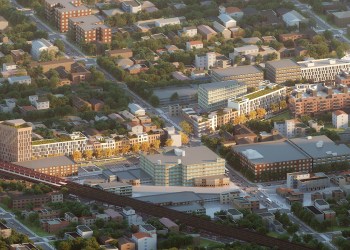



David was absolutely right. Many of you write a lot of feel-good-isms but don’t offer up any real solutions.
What’s YOUR plan, Sterling Silver?
I think the complaint about this specific site is the 20% affordable housing limit. The city rezoned the land to allow for a huge development: now the developer is scaling that back and people should rightfully be concerned that the best use of the land is still going to happen.
That’s a lot of assumptions bx2bklyn. I don’t own a car or have children either. And for that matter on top of investing in property in my neighborhood I probably pay more taxes then you. And I did not say that I support AY.
So I guess you just feel entitled because.
Grad school, I think there must be a professor somewhere calling you – go back to school.
What you want, is what YOU want, not the will of the marketplace. The check cashing place serves a vital need to those who use it. Got a problem with that? What’s the difference between a Chase ATM place and another Bank of America branch? I would bet that Chase will be gone soon anyway, as the new branch is opening up down the street, so sorry they offended you by having two places at once. Bruno’s Hardware has been there since before you were born, and has been one of the most successful and stabilizing businesses on the street. If it’s less than upscale appearance offends you, then you know nothing about Brooklyn’s Mom and Pop entrepeneureal spirit. There is more to a neighborhood than shiny storefronts and wine bars. If you don’t like the patrons of the movie theatre, don’t go. A Pottery Barn would be nice – write corporate headquarters and suggest it.
Why should the jail be renovated for affordable housing, as opposed to any other building? Oh, it’s not an attractive landmark, or in a desireable location, so it’s just fine to donate that one. Just as it’s just perfectly fine for the non rich to live in all other less than desireable locations.
Fascism – as defined by answers.com is – A system of government marked by centralization of authority under a dictator, stringent socioeconomic controls, suppression of the opposition through terror and censorship, and typically a policy of belligerent nationalism and racism
If we can all agree on the definition, then my suggestions are on point. Have you been to the theatre recently? Is it wrong to want another restaurant on the Court St strip above Atlantic ave? Is it wrong to want to close the check cashing place? I didn’t suggest getting rid of the McDonalds, Poppy’s or the low-brow retail stores between Livingston and Joralemon.
A crime upon Logic has been committed by Anon 12:05?
anon- if you think no one has been deriding renters you haven’t been reading this and other threads. I cna’t count the number of posts with comments like: if your family rents after 4 generations you have issues”, or obviously you don’t work hard enough if you haven’t bought your own house.
And wouldn’t it be great if the situation was so cut and dry as you make it? Unfortunatley the fact that you are risking your capital when you buy really has nothing to do with everyone else who lives in the neighborhood. Everyone eho lives in a neighborhood invests in it- taxes, mortgages, rents, local shopping- my rent supports your ability to pay your motrtgage (generically speaking of course). My taxes go to city services too. If my rent is “subsidized” what are your tax breaks and abatements? I don’t own a car or have kids so my taxes subsidize your roads and your kid’s schools. I don’t want an arena and humongous piles of luxury condos in AY- a want a better designed development there- but my taxes are still, over my objections, subsidizing it through the state nad city breaks Ratner is getting.Your ability to buy a house is simply that- you can buy a house. Congratulations. That and 2 bucks will get you a subway ride. Nowhere is there a social responsibility scale that says that makes you a better, more responsible, more hardworking, more contributory member of society.
i’d love to see some or all of the following stores in this area, or other new comm developments
pottery barn
crate and barrel
bed bath & beyond
pier 1
restoration hardware
j crew
banana republic
anthropologie
kenneth cole
i think each would be wildly successful
I believe I offered some solutions – which I’ll admit will not truly create mixed income neighborhoods, but do offer some balance. I think the problem that you have is that if you offer too much subsidy to one group of people (lower or middle class) so that they can afford to live in desirable neighborhoods like Brooklyn Heights, you 1.inflate the cost of the remaining non-subsidized housing (since you have used up some supply without easing the demand of the higher income people) and 2. Force the higher income people to look elsewhere which often means gentrifying other areas which starts the problem over again – as far as I’m concerned these issues can only be balanced – not “solved” and inevitably you have an imperfect situation – which is why I think all this anti-Bloomberg; anti-development hyperbole is silly. I think NYC is trying to re-balance things w/o killing off the ‘goose’.
As for Fulton Mall, I agree with you – in part – certainly I’d be oppossed to any eminent domain use on economic grounds and certainly support the private landlords in the area being the ones who dictate who they rent to (although I’d appreciate if they were forced to upgrade the signage – which given the rents isnt so onerous) – but this project is to replace Albee Sq Mall which is FAR from successful and besides based on the big box configurations of the retail – doesn’t seem like they will be catering to the William Sonoma crowd. So this project would be an example where you are replacing a failed retail development, with a (hopefully) a better retail development, and then adding offices (i.e. jobs) and housing including 20% affordable – in a place where there was zero housing before. So what is the problem?
Some things are more important than mere money. Stable, vibrant neighborhoods being one of them. Let’s think long term here for a moment.
David, I agree with your statement: “I have said that I favor rent controls on occupied apartments (vacancy decontrol); and 421-a changes that require some affordable housing in exchange for tax breaks. I also support other incentive programs like Mitchell-Lama that make building affordable units attractive to developers. (However I am dismayed by legislative attempts to change the rules now that some of these buildings are eligible to leave Mitchell-Lama – since I think that will discourage developers from entering such programs in the future)” I hope these programs can be expanded and sustained.
Stable, mixed income neighborhoods are not just a “kumbaya moment”. They are vital to the growth and stability of cities. I didn’t make this up with my liberal friends, either. There are plenty of studies, papers and books on the topic, and it just makes common sense.
It’s not about poor people wanting apts in Park Slope, or being too lazy to travel to another neighborhood to enjoy its amenities, that’s stupid nonsense spouted off by people who cannot understand the written word, as no one advocating mixed neighborhoods ever said any of those things.
An economically diverse neighborhood provides a variety of goods and services in its commercial sector. Not just upscale restaurants and shops, but a variety of choices, allowing a greater expansion of merchants and services. That’s more people working in the community, and having a stake in its future. Kids have the opportunity to know other kids outside of their sphere, as do their parents. Public schools could be more equitable so that all kids benefit, and there are more than one or two good schools in exclusive areas that get all of the attention an all of the good students. All sorts of workers can be closer to their jobs, which makes them more effective and productive, and cuts down on commuting costs, both personally and for the city as a whole.
This works in other parts of the country, and in other neighborhoods of this city, although less so all the time, as the middle class loses out in neighborhood after neighborhood. If it takes a little gov’t intervention, in terms of set asides, guidelines, tax breaks, whatever, – then that is for the greater good, and should be done. We, as taxpayers pay for lots of programs that are less worthy of our support, including plenty of corporate welfare that only benefits top executives and shareholders.
This only the rich deserve the rewards attitude, is shortsighted, selfish, and will not create a shining new Brooklyn, only a gated community on the East River, not a place most of us would choose to live, or could even afford to visit.
I don’t think that is progress.